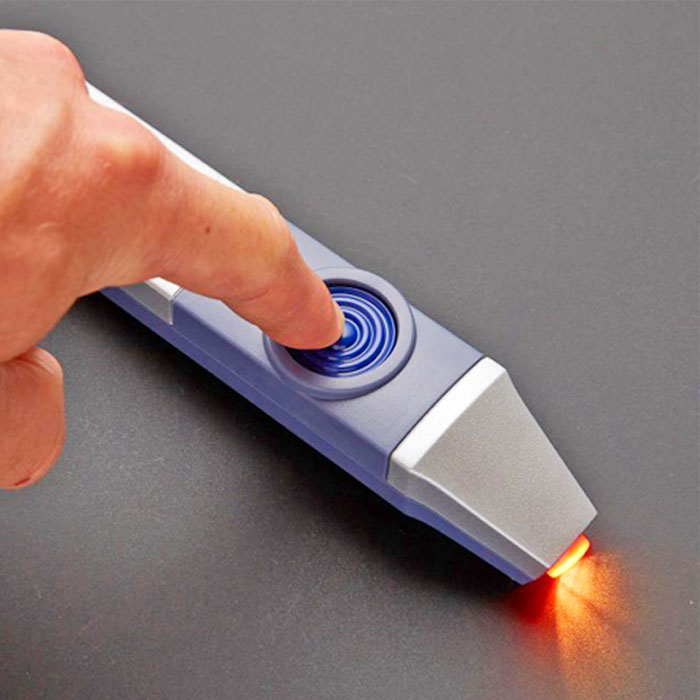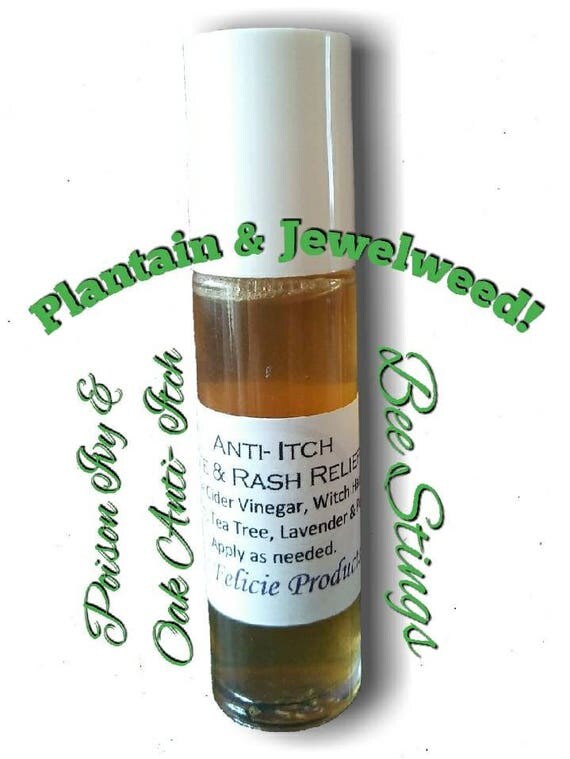
BUG BITE ITCH RELIEF SKIN
Icing the skin too long can result in frostbite. Whenever using ice for an injury, keep it on for only 15 minutes and don't put ice or bags containing it directly on the skin. Cold constricts blood vessels, blocking blood flow to and from the bite. Cold compresses: Ice packs may help alleviate itching.The most effective lotions contain one or more of these ingredients: calamine, diphenhydramine (Benadryl), or hydrocortisone. Use lotion: There are a few over-the-counter anti-itch lotions that might help alleviate the itching of the common mosquito bite.

Once you break the skin you may start bleeding and run the risk of infection.

Know that First Pediatric Care Center is here to provide you with any medical support you might need for your adventurous child. Summer is a time for outdoor play, and being exposed to insects and the elements is just a natural side effect. This could be a sign of West Nile virus and requires immediate care.

If your child experiences nausea, vomiting, fever, or headache following a mosquito bite, alert Dr. If your child shows signs of an allergic reaction that compromises breathing, call 911 right away. The resulting swelling and pain can be relieved with application of cold, wet compresses or an ice pack. If your child was stung by a bee, wasp, or hornet, itching may be the least of their worries. Head to First Pediatric Care Center for an evaluation. If your child has a bug bite that’s swollen, hot to the touch, or oozing pus, it could be infected. Keep your child distracted with fun play and activities so they aren’t as fixated on the uncomfortable itch. If your child is bored or still, the itchiness of a bug bite is all the more noticeable. Itching may just ease enough to relax your child’s urge to scratch. Mix the essential oil in a carrier oil, such as olive oil, and place a small drop on the site of the bite. Lavender oil and tea tree oil can ease inflammation. They may still go for the bug bite, but it won’t be as easy to break the skin - causing bleeding and possible infection. Trim your child’s fingernails until they’re as short as possible. If they don’t feel the discomfort, they won’t scratch.

If your child has an irritated bug bite that’s itchy, apply hydrocortisone cream or calamine lotion to stop the sensation. This can minimize the itching and swelling. If you see a mosquito or other biting insect on your child’s skin, brush it away and apply the ice right away. Ice can help ease inflammation associated with a bug bite, especially if it’s applied right away. Lubega says to treat any insect bites and keep your child from scratching away and possibly causing inflammation and infection. It’s likely, though, that your child will get a bite anyway despite your diligent efforts to keep the bugs at bay. Your child benefits from wearing clothing that covers exposed arms and legs, and make sure it’s made of a cool fabric like cotton or linen. Use a safe insect repellent (only on children older than 2 months) that contains no more than 30% DEET.Īvoid areas where mosquitoes and other insects congregate, like garbage cans, uncovered foods, and small pools of water. The best way to keep your child from scratching a bug bite is to prevent one in the first place. And, when your little one has an insect bite, it’s just about impossible to keep them from scratching away at the irritated site. It’s almost like biting insects are drawn to your child.


 0 kommentar(er)
0 kommentar(er)
